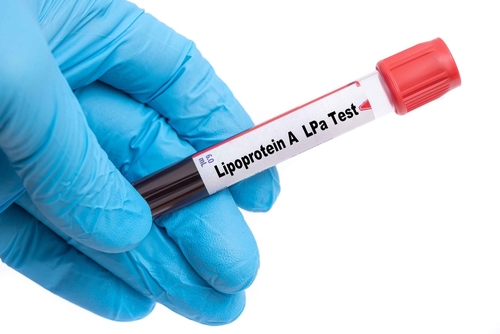
The use of metformin from late trimester until delivery might reduce the risk of late miscarriage and preterm birth in women with polycystic ovary syndrome (PCOS), according to new research published in The Lancet.
The Mayo Clinic defines PCOS as a hormonal disorder common among women of reproductive age that can lead to infrequent or prolonged menstrual periods or an increase in male hormone levels. Patients with PCOS may develop numerous small collections of fluid and fail to regularly release eggs, and women living with PCOS stand an augmented risk of incurring complications during pregnancy. The exact causes are unknown, but factors that might contribute to the disorder include excess insulin, inflammation, heredity, and excess androgen.
Testing Metformin
After an analysis of two previous randomized controlled trials exhibited a marked reduction of late miscarriages and preterm births in the metformin group compared to a placebo control, researchers initiated a third trial (PregMet2) that aimed to test the hypothesis of metformin preventing such occurrences. The randomized, placebo-controlled, double-blind trial was conducted at 14 hospitals across Norway, Sweden, and Iceland between Oct 19, 2012 and Sept 1, 2017. A computer-generated system arbitrarily assigned 487 single, pregnant women with PCOS, aged 18-45, with metformin (n=244) or a placebo (n=243).
Randomization was performed in blocks of ten for each country and center with the first block containing a size range between one and ten to ensure masking. Trial participants were then allocated to receive either 500 mg of metformin or the placebo twice daily during the initial week of treatment with an increase in dosage of 1000 mg of metformin/placebo from week two through the duration of pregnancy.
This study shows that Metformin treatment could be useful in reducing the risk of late miscarriage and preterm birth! #UMKCRCThttps://t.co/1xUptS9MqZ
— Pratik Adhikary (@pratikadh) February 19, 2019
Late Miscarriage Decreased
Based on the intention-to-treat (ITT) analysis, the primary outcome of late miscarriage and preterm birth occurred at higher percentage (10%) of 240 women in the placebo control when juxtaposed with the (5%) of 238 women affected by those outcomes in the metformin group (OR=0.50; 95% Cl, 0.22 to 1.08; P=0.08). Moreover, in a post-hoc analysis of PregMet2 participant data compared to the two previous trials, only (5%) of 397 women suffered late miscarriages or preterm deliveries compared with (10%) of 399 women taking the placebo.
However, as the researchers noted, there were no substantial differences in the trial’s secondary endpoints, which included analyzing incidence of gestational diabetes (25% of 238 women in the metformin group vs. 24% of 240 in the placebo), and they added that “no substantial between-group differences in serious adverse events in either mothers or offspring and no serious adverse events were considered drug-related by principal investigators.”
“In pregnant women with PCOS, metformin treatment from the late first trimester until delivery might reduce the risk of miscarriage and preterm birth but does not prevent gestational diabetes,” concluded the study authors in their abstract.
RCT @TheLancetEndo In pregnant women with PCOS, metformin treatment (n=244) from the late first trimester until delivery might reduce (50% reduction, underpowered?) the risk of late miscarriage and preterm birth, but does not prevent gestational #diabetes https://t.co/AEi4ozUZiR
— Daniel J Drucker (@DanielJDrucker) February 19, 2019
https://twitter.com/glucotoxicidad/status/1097975414696349698
Source: The Lancet







 © 2025 Mashup Media, LLC, a Formedics Property. All Rights Reserved.
© 2025 Mashup Media, LLC, a Formedics Property. All Rights Reserved.